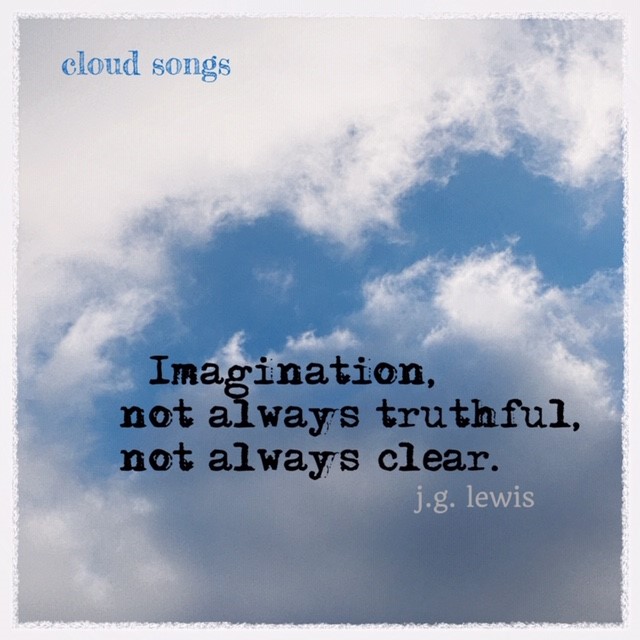By Stormy Peterson
A fresh, new year is finally upon us!
I know a lot of us have spent the dwindling days of the previous year ruminating on our lives and loves, or even love-lives (for some); we take stock of where we are, and look ahead with hopeful eyes.
We remain hopeful that this year will be better than the last, hopeful that we’ve learned the lessons we were supposed to learn, and hopeful we’ll be strong enough to face whatever comes. It’s a time for intentions, and a time to let our day-dreaming hearts run wild across three hundred sixty-five empty spaces longing for the color of life to be splashed across them.
But more than organizing the year ahead, and making resolutions we’ll break by mid-January, it’s the perfect time to recognize that where we are at any given moment, isn’t actually a place where we are forced to stay.
The truth about nature is that it’s much more fluid than we’re often conditioned to believe, and as disconnected as we may think we’ve become, we can’t ever truly be apart from it. Therefore, our lives, our understanding; how we relate to ourselves and one another, and all things human are also a lot less rigid than we have managed to convince ourselves.
And so it is, we’re never absolutely stuck anywhere. I don’t mean physically. . . of course, there can be circumstances beyond our control in the material world that limit the action some people would prefer to take, and it reeks of ableism to pretend otherwise.
No, I’m talking stuck in one attitude, stuck in unhealthy relationships, stuck at a soul-crushing job, stuck with a cramped perspective; that kind of stuck (the one that doesn’t necessarily depend on a person’s geography). A lot of these things can feel pretty permanent at one time or another, and frankly, we’re met with enough well-intended adages, and mixed messages that make it seem that way, but it doesn’t have to be so.
And, just like in nature, a little nudge can significantly improve your immediate circumstances.
Rainstorms are natural, but you don’t have to stand there getting drenched when nearby there’s a massive tree to duck under, or a welcoming cave to shelter you. Those options are both “natural” as well, but it takes a little bit of work (albeit, minimal effort) to connect the dots, consider the benefits, and act on it.
There is nothing enlightened about sitting around waiting for divine intervention to fix things that we are more than capable of handling on our own, yet we let ourselves get so insecure about the decisions we make, we allow ourselves to lose touch with our true essence.
We can easily find ourselves trudging along in these unfulfilling, shallow existences so completely preoccupied with the wrong things that we are, oftentimes, clueless as to how we even got here in the first place. What’s especially sad is that, even though it’s conceivably wholly temporary, this lack of depth pervades every aspect of our lives.
Author Matt Kahn tells us, “Despite how open, peaceful, and loving you attempt to be, people can only meet you, as deeply as they’ve met themselves.” That’s how folks are meeting you, that’s how you’re meeting them, and it’s how all of us are showing up and greeting the world. It’s all a choice, however, we can decide at any moment if we’re splashing around in the paddling pool, to take a lesson, get stronger, and move to the deep end.
Perhaps you slide in as effortlessly glamorous as Esther Williams, but if you don’t, there’s no shame in needing a life vest, water wings, goggles, or a nose plug, and it’s not important if you arrive flailing, and sputtering, the point is that you’re willing to do the work.
You may, indeed, lose touch with those who prefer stomping aimlessly through mud puddles, but you’ll find yourself swimming toward the person you’re meant to be, engulfed in purpose, and creating ripples that affect everyone around you.
© 2019 Stormy Peterson
Stormy Peterson is a fine artist cultivated in the foothills of the Olympic Peninsula, believer of Bigfoot with a background in apparel and textiles merchandising, and design. Visit The Longshoreman’s Daughter herself, at http://stormaculus.blogspot.com/




